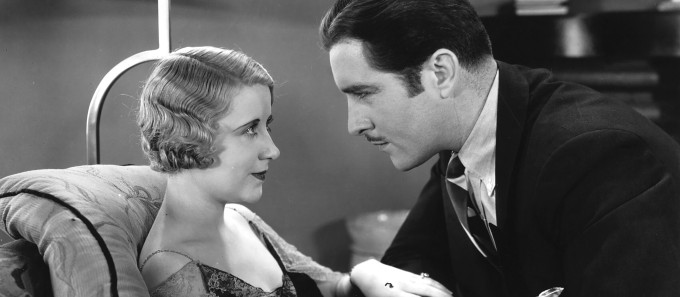- When:
- Friday, January 24, 2025 7:00pm - 9:00pm
- Where:
- Logan Center Screening Room, 201
- Description:
-
While his films Imitation of Life (1934) and Magnificent Obsession (1935) are known to many mostly as antecedents to Douglas Sirk’s more famous remakes of the 1950s, John M. Stahl was a routinely profound and sensitive melodramatist in his own right. Stahl’s reputation has steadily improved over the years—his 1946 Technicolor noir Leave Her to Heaven, for instance, has achieved a degree of canonization. But despite occasional screenings of films like Back Street (1932) and Only Yesterday (1933), Stahl’s output of the 1930s remains under-seen and ripe for rediscovery. This is especially true for 1931’s Seed. The movie, which follows a frustrated young novelist who abandons his wife and children for a former girlfriend, has never been released on home video and only sporadically screens theatrically. In this light, Seed underscores not only Stahl’s (undeserved) obscurity, but also the fraught access we have to film history. In an age of immediacy, one is reminded that there are still many significant films inaccessible through the internet or home media. (John M. Stahl, USA, 1931, 96 minutes, 35mm)
Hunter Koch is a PhD candidate in the Department of Cinema and Media Studies studying early American cinema and intellectual property. He is interested in how legal, economic, and cultural understandings of property and ownership affect film form and reception, historically and in the present. While motion pictures enter the public sphere, they often remain circumscribed by a set of property rights and constraints afforded to particular entities. Presuppositions about property dictate access to motion pictures not only on release, but for decades to come, and the vicissitudes of access have ripple effects in cultural memory. An animating set of questions are: what kinds of films do we see, where do we see them, when do we see them, and who decides all this?35mm collection print courtesy of the UCLA Film & Television Archive
Doors open thirty minutes before showtime. This screening is free and open to the public.
Graduate Student Curatorial: Seed
Selected by Hunter Koch
